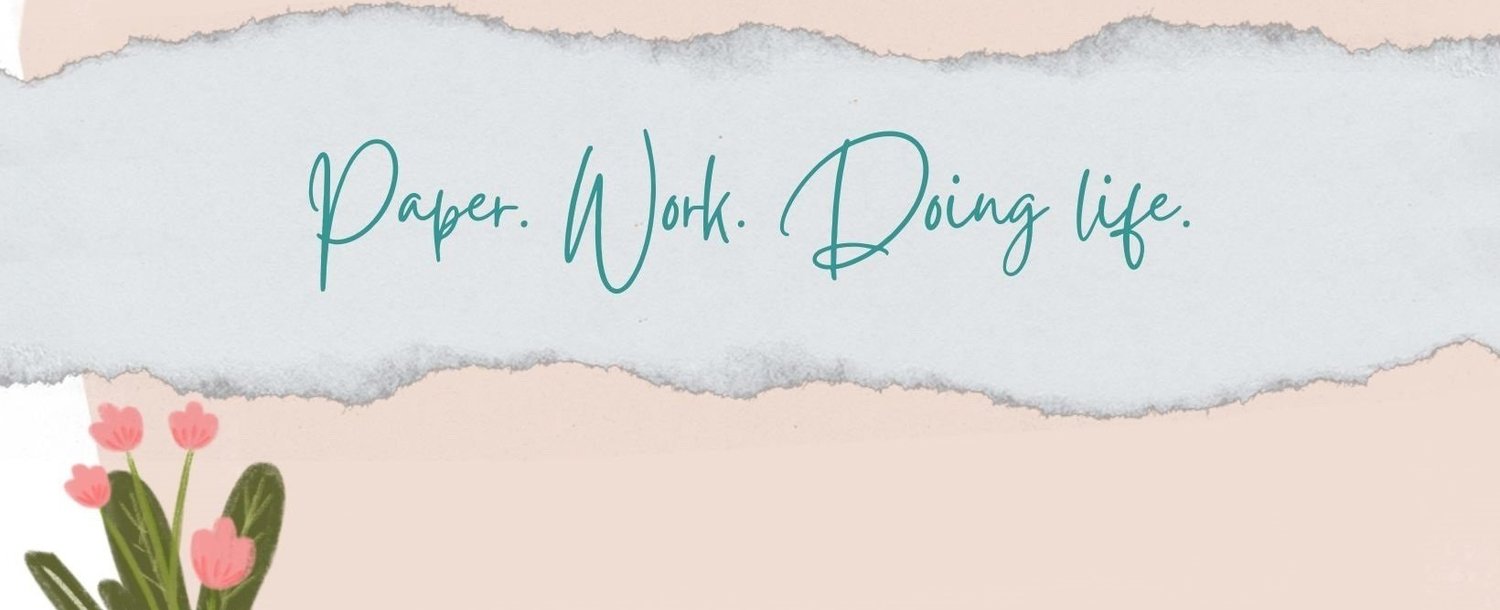The Berry Pickers - Amanda Peters
Genre - Historical Fiction
The Berry Pickers by Amanda Peters is an uncomfortable read, purposely I am sure. Peters explores a world where a 4 year old child has disappeared from her family, and the police have no time to investigate because she is of native heritage. Ruthie and her family leave their home in Nova Scotia and come to Maine to pick berries every year - until the year that Ruthie disappears. Peters explores how her disappearance impacts her family, especially her brother Joe for the next five decades. Meanwhile, Norma is being raised in her affluent family in Maine. She has haunting dreams, and notices that she is very different (particularly in looks) from her parents. She struggles to figure out why in the extremely oppressive house in which she lives. The book alternates perspectives between Joe and Norma. I listened to the audiobook. Aaliya Warbus and Jordan Waunch do an exceptionally nice job of bringing both characters to life as children and adults.
The characters are well developed in this novel. The situation created by the plot is very complex, leading to even more complex feelings. These feelings are communicated through the narration. Both Joe and Norma are honest about their confusions and their flaws and the experiences that got them to where they end up. The issues of setting are fleshed out nicely. I was completely unaware of the particular history of berry picking in Maine by Canadians during this time period. The time comes alive. In interviews, Peters talks about driving with her dad in Maine and hearing his stories of his time as a berry picker - and feeling compelled to tell a story. The personal connection is evident. She captures the strength of the family and the love that bonds them. She captures the humor that carries them through difficult times. She illustrates the profound racism and the lack of concern for the well being of native Canadians and their family - allowing for this disaster. As more and more stories surface about the residential schools and the forced family separations of native Canadians, this novel is a moving illustration of the cost of such behavior.
As with Above the Salt by Katherine Vaz, I am in awe of the resilience of the people of this book. I am reminded how entitled I can sometimes feel - truly that I have the luxury of retiring and examining my feelings, and sharing them here and with others. Ruthie’s family endures the worst possible event and still finds love and hope in what is often a cold world to them. They just keep moving forward - some more hopeful than others - but moving forward. Norma processes years of not quite fitting into her family - and avoids the kind of bitterness that would likely tempt many - like Ruthie’s family she moves forward. I recently listened to an episode of The Lazy Genius Podcast called “Starting Fresh When You Can’t Start Over” in which Kendra Adachi advises listeners to “continue not just begin.” When we are in the January hustle it is easy to be lured into trying to start over. When we retire, it can be tempting to think we are required to start over. When you have endured painful, unspeakable tragedy, starting over likely feels like a dream. Instead those in this book continue - to live and love and even to hope. Folks if they can, so can most of us. Honestly, I’d love to know more about the aftermath of the story, but that kind of tidy ending truly would take away from what Amana Berry’s The Berry Pickers has to offer - a little discomfort.
The Berry Pickers Book Cover Amanda Peters

